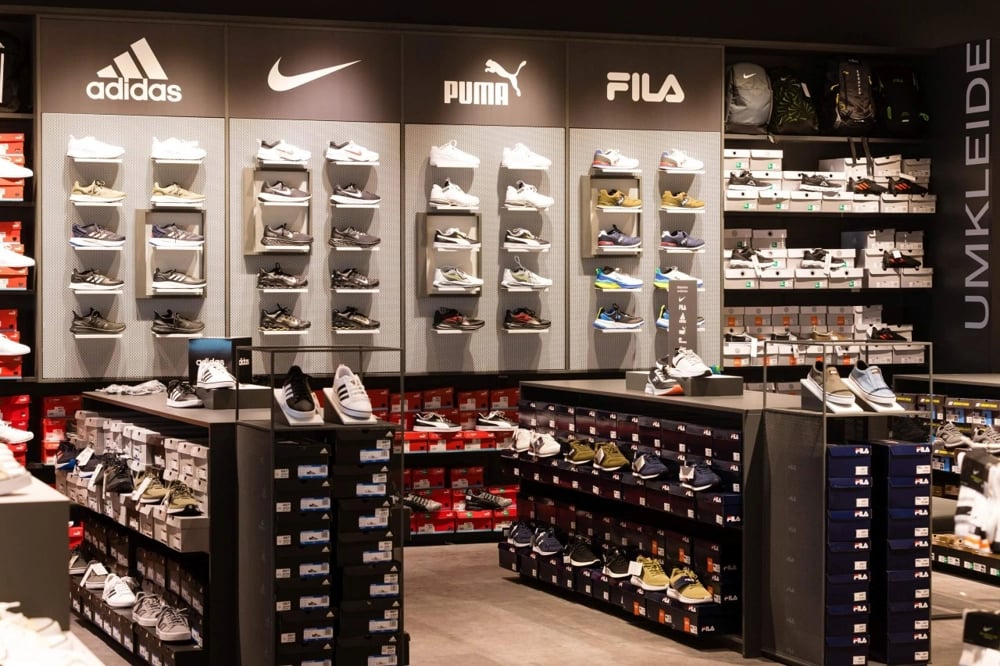US Footwear Industry at Risk: Tariffs Raise Concerns
The trade association representing footwear manufacturers in the United States has reached out to President Donald Trump's administration with a serious request to consider exemptions from tariffs on imported products. In a letter dated April 29, footwear distributors and retailers asserted that imposed tariffs could significantly increase the cost of shoes and threaten the very existence of the entire industry.
Issues Related to Tariffs
Industry representatives wasted no time in expressing that such governmental actions could have a devastating impact on both American manufacturers and consumers. They argue that the tightening of trade policies creates conditions that jeopardize competitiveness and survival in business.
Industry Position
The letter outlined several key arguments supporting the request for tariff relief:
Increased shoe prices, which may lead to reduced consumer accessibility;
A threat to store closures and job cuts within the industry;
Diminished competitiveness of American manufacturers in the market.

Notable Companies Voicing Concern
Among the signatories of the letter are well-known brands and companies that hold significant influence over the US footwear sector. These include:
These companies are not only footwear manufacturers but also major players in retail, highlighting the seriousness of the situation.
Market Consequences
The introduction of tariffs is already yielding negative outcomes for the footwear industry. Among the potential consequences are:
An increase in shoe prices, which could result in decreased purchasing demand;
A threat of production cuts and job losses in both large and small enterprises;
Erosion of the competitive position of American brands in the international market.
It is crucial to recognize that high tariffs on imported footwear may not only elevate production costs but also compromise the already limited growth opportunities in a fiercely competitive environment.

Measures to Address the Crisis
To navigate the current situation, the association proposes several possible paths forward:
Reevaluation and reduction of tariffs on specific categories of footwear;
Implementation of temporary measures allowing manufacturers to adjust to new conditions;
Support for programs aimed at bolstering domestic production and reducing reliance on imports.
The situation calls for immediate governmental intervention to prevent further negative impacts on the market.
Final Thoughts
It is evident that the crisis in the footwear industry is a pressing topic for discussion. The tariff policy enacted amid the ongoing trade war could have long-lasting implications for the economic landscape of the country. The trade association's statement serves as a clear signal for the need for dialogue between the industry and authorities to find a compromise that will promote stability and sustainable development.
It is important to understand that this situation not only threatens businesses but also directly affects consumers who are faced with rising prices. Maintaining the health of the footwear sector is significant not only for companies but for the overall economy, as it creates numerous jobs and contributes to general growth.















Comments